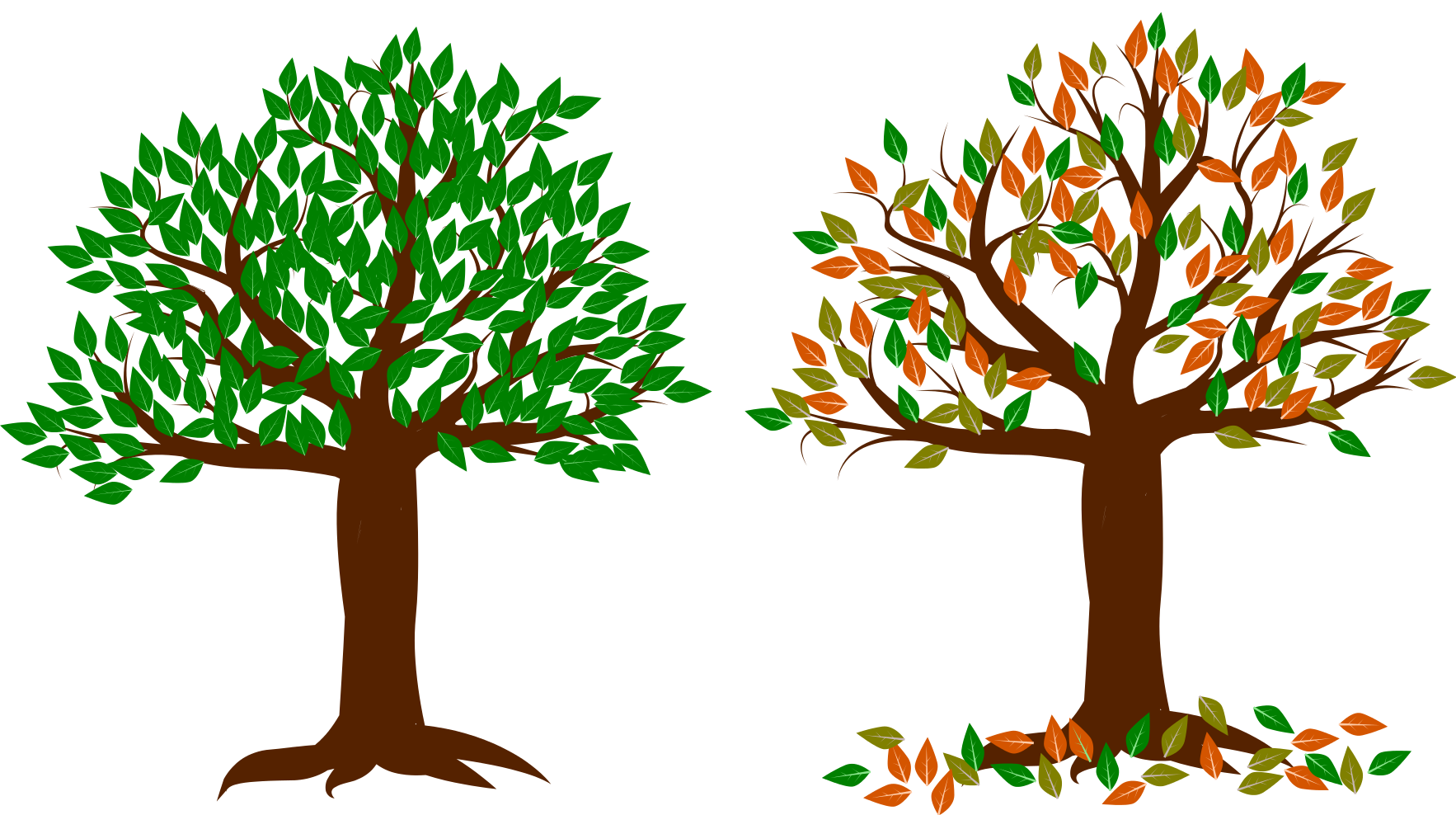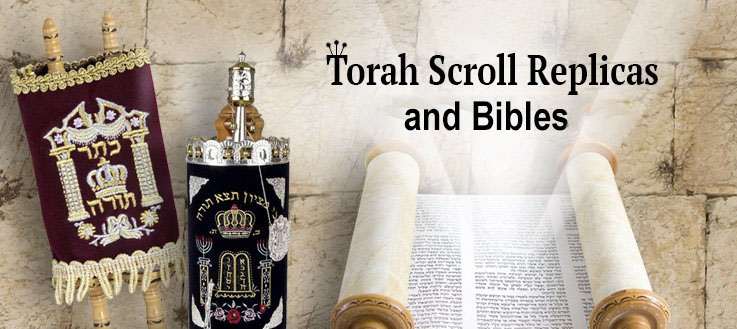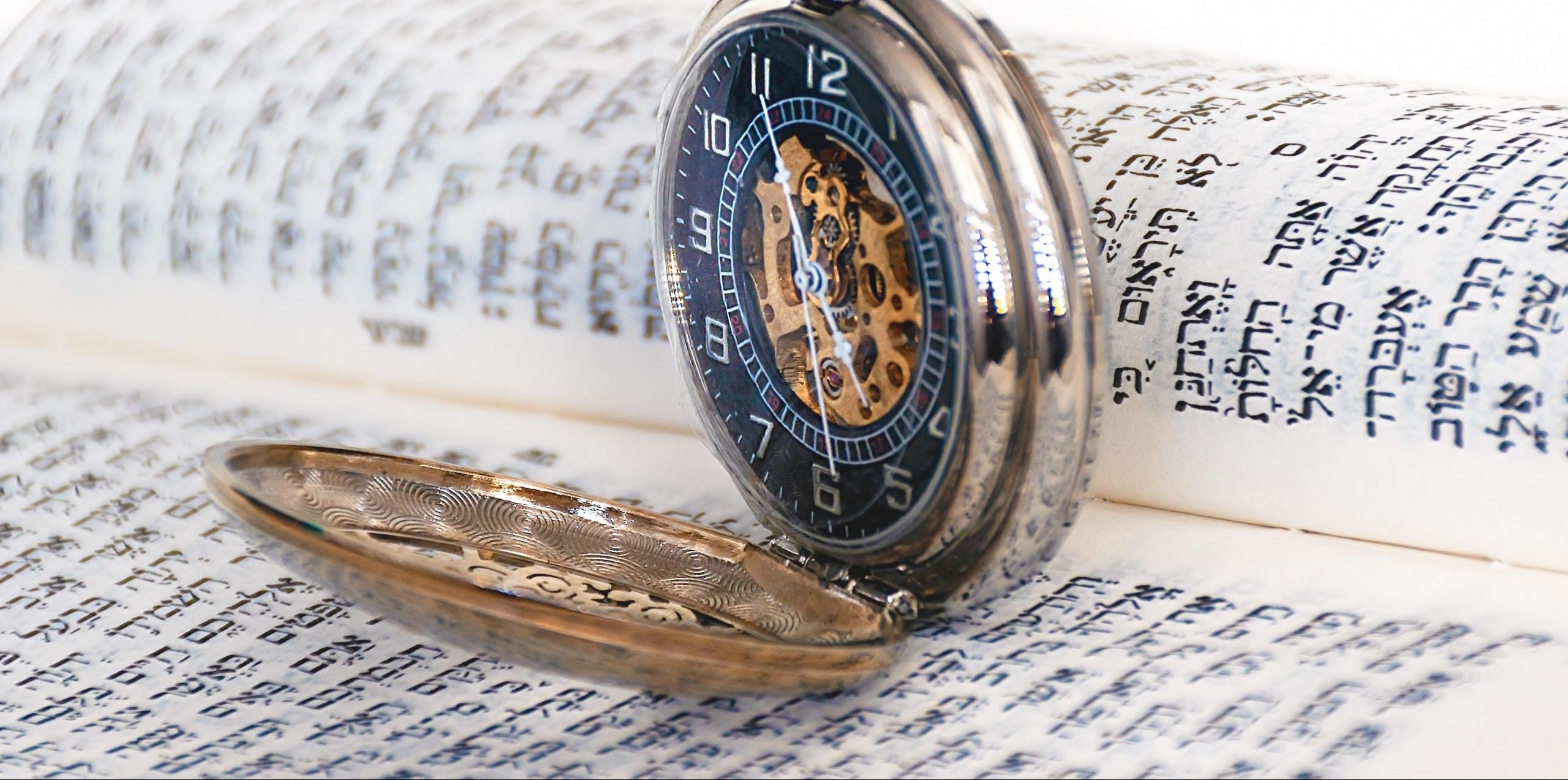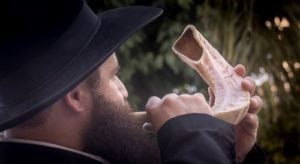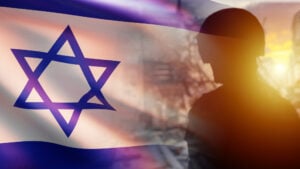Tishrei
Season: Early autumn. September-October
Spiritual Note: Renewed connections to G-d, and new beginnings
Notable Occurrences: The Biblical holidays of Rosh Hashanah, Yom Kippur, Sukkot, and Shmini Atzeret/Simchat Torah; mankind was created on the first day of this month
Cheshvan
Season: Autumn. October-November
Spiritual Note: Rest and reflection
Notable Occurrences: The only month without special holidays or associated mitzvot (commandments)
This is when we switch to praying for rain in Israel to fall.
Kislev
Season: Autumn. November-December
Spiritual Note: Light in darkness
Notable Occurrences: Hanukkah starts during this month!

Tevet
Season: Early winter. December-January
Spiritual Note: Mercy
Notable Occurrences: The month starts during Hanukkah, and contains a fast commemorating the siege of Jerusalem
Shevat
Season: Winter. January
Spiritual Note: Rebirth
Notable Occurrences: The kabbalistic holiday of Tu B’Shevat, a new year for trees.
Adar
Season: Winter/Early Spring. January-February-March
Spiritual Note: Increasing joy (which is a mitzvah!)
Notable Occurrences: The holiday Purim; when there is a leap year, a second Adar is added
Moses died during Adar.

Nisan
Season: Early spring. March-April
Spiritual Note: Liberation, freedom
Notable Occurrences: The biblical holiday of Pesach (Passover);
The Jewish nation entered the Land of Israel
Iyar
Season: Spring. May
Spiritual Note: Blossoming, second chances
Notable Occurrences: Holidays of Lag B’Omer and Pesach Sheni; a full month of counting the Omer
Sivan
Season: Spring May-June
Spiritual Note: Settledness, completeness, peace
Notable Occurrences: The Biblical holiday of Shavuot, when Am Yisrael received the Torah
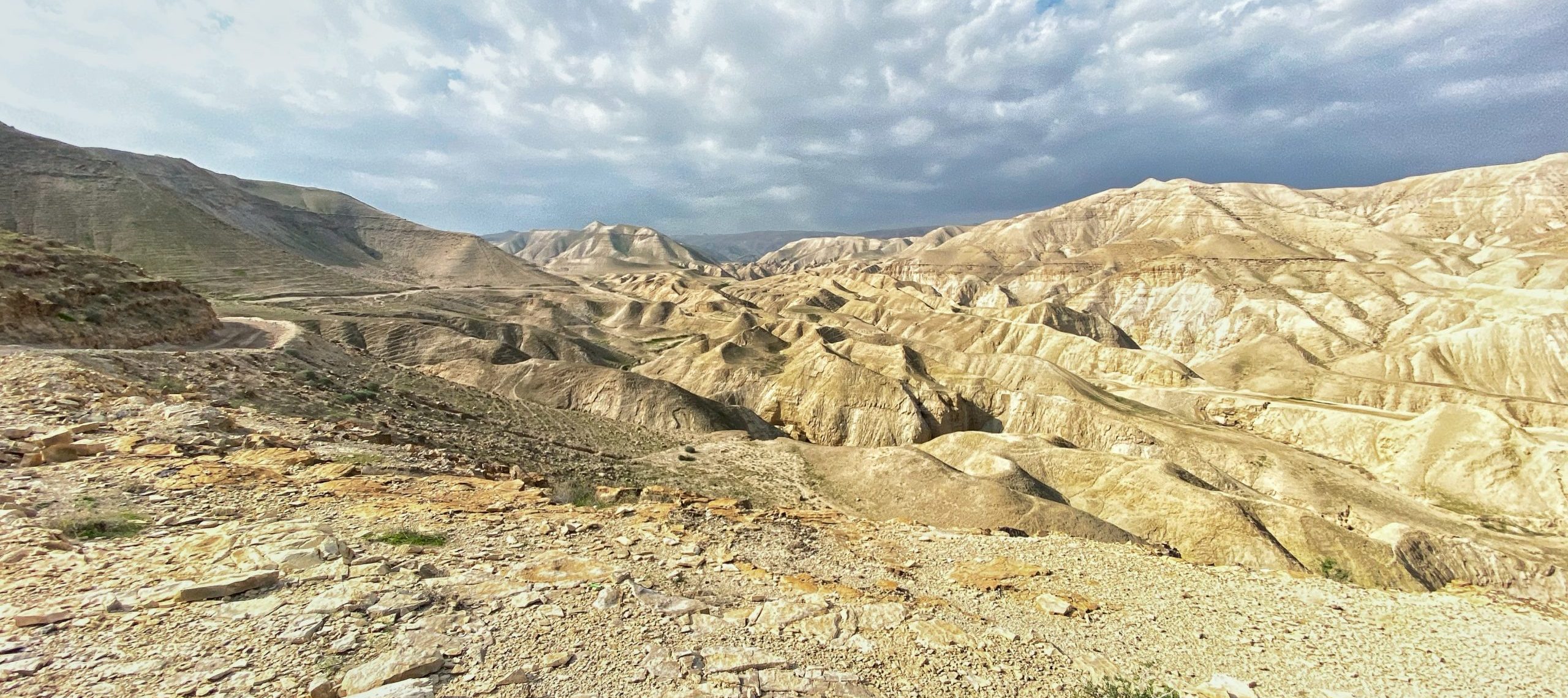
Tammuz
Season: Summer. June-July
Spiritual Note: Mourning; a reduction of joy
Notable Occurrences: 17th of Tammuz, the start of the Three Weeks of mourning
Av
Season: Summer July-August
Spiritual Note: This month is marked mainly by tragedy, but one day, G-d willing, the birth of Moshiach (the Messiah)
Notable Occurrences: The commemorative day of Tisha B’Av and the holiday of Tu B’Av
Both 1st and 2nd Temples were destroyed on the 9th of Av.
Elul
Season: Summer. August-September
Spiritual Note: a month of repentance, mercy, and forgiveness
Notable Occurrences: Blowing the Shofar each day; anticipating the High Holidays
